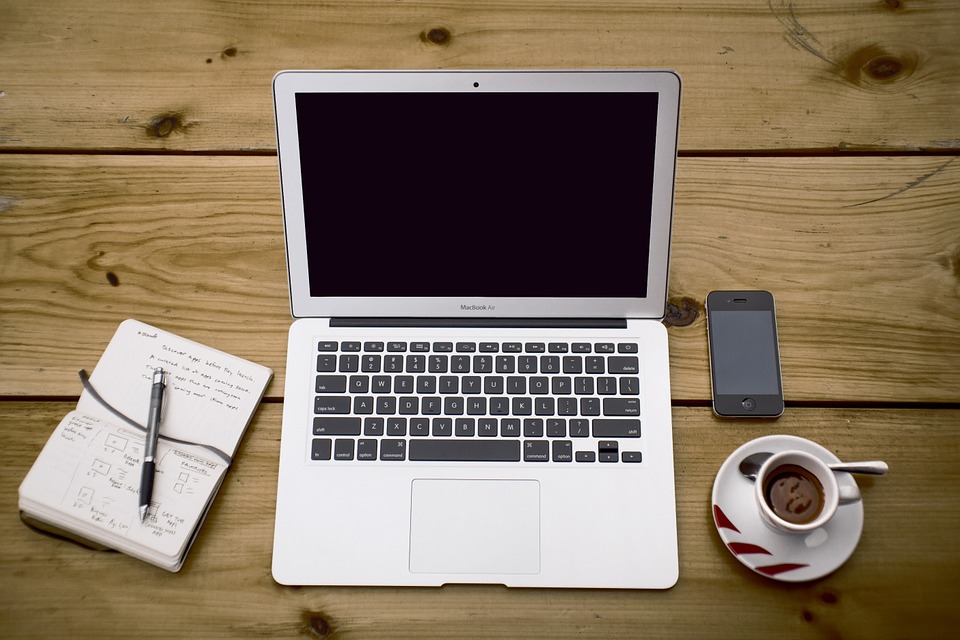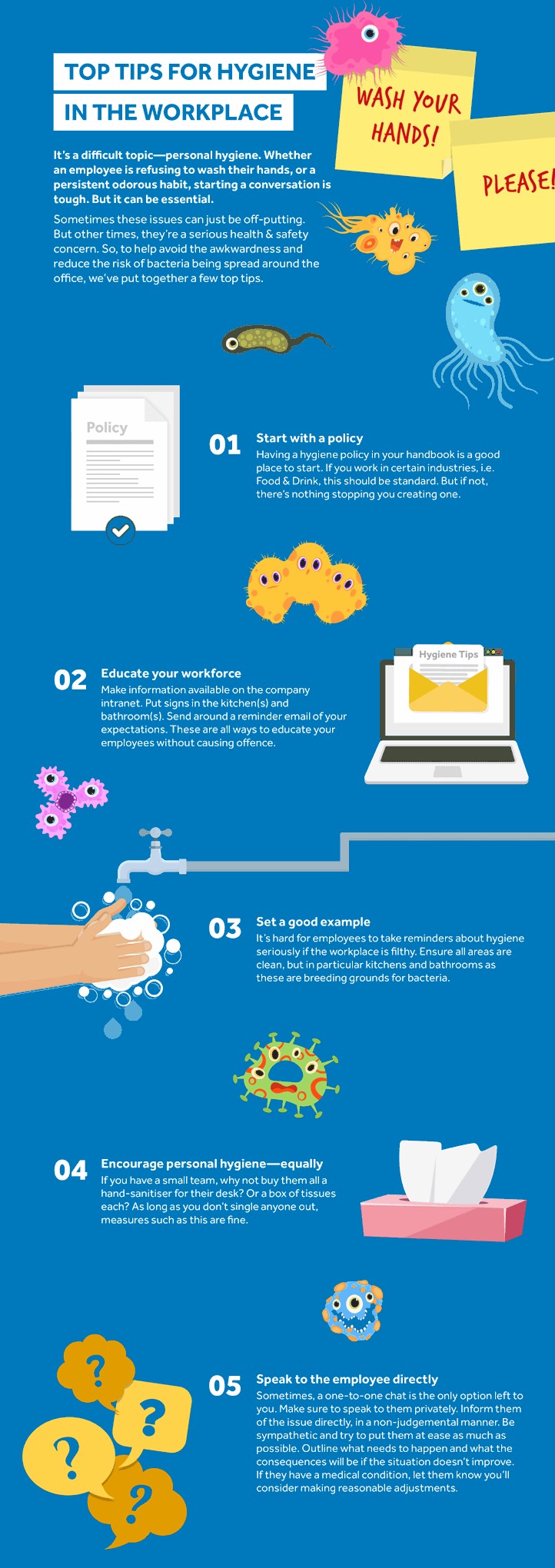
Monday Morning Desk!
No morning commute, no stopping by your colleague’s desk to say hello, no lunch at your favourite restaurant or café around the corner from the office — the daily routine is feeling much different for many workers as the world works to contain COVID-19. If working from home is creating challenges for you, we are here to help. We have worked from our home offices, kitchens, couches, favourite cafés (not possible right now, sadly), and a range of other locations with a Wi-Fi signal. Consider these tips to stay productive, healthy, and sane as you adjust to your new way of life.
The Coronavirus has created the most challenging and difficult time for us all. I hope our tips will provide ideas for you and encourage you all to stay connected with each other and be kind to one another.
This probably goes against every expert’s tips for managing your time while working, but I find that verbal communication helps me focus on my work. When the conversation is over. I need to talk. Emailing, texting, or other messaging just doesn’t cut it.
I am not talking hours of time, but when I was in the office, I needed to get up and visit someone face-to-face instead of asking my question electronically. Not always, but when it involved more than a simple explanation on my end or a quick answer on theirs. It’s collaboration, and sometimes you get even better ideas from that discussion.
Now that we all are isolated during these times, I find talking to someone keeps me on track, not to mention calm and less likely to go crazy. So, pick and choose which work conversations would be better over the phone or in a video meeting, and go for it. If nothing else, you’re making sure people you used to see every day are doing OK, and maybe that verbal collaboration will lead to more hacks for working from home. You could always do an email after the conversation confirming what you both said.
I would also encourage telephone calls and video chats to check in on someone. You can have group chats on FaceTime and Whats app!
We all spend significantly too much of our lives looking at the glimmer of smartphones, tablets, computers, and televisions. Each day, I aim to spend the first 45-60 minutes without looking at any of those screens. I make cup of tea. I talk to my husband, Eric about what’s on his agenda for the day. I go on a walk or a run around my neighbourhood.
It helps me feel fresh and ready to focus on tackling my work and responding to emails. In today’s current climate, which involves me tweeting and updating linked in, I find this routine to be even more essential for my mental health.
Several times a week, I like to get up early to spend time outdoors. I am happiest when I begin my day by walking up the Wrekin with my friend, no matter what the weather. It doesn’t matter how many times we have walked up the Wrekin, it’s always a struggle halfway! When we reach the top, the views are the reward. Alas, I am looking forward to returning.
Look to YouTube to keep energy high. Joe Wicks exercise plan is amazing! Or for calm look to meditation, there are many things to try. Consider having video links to encourage each other or have a giggle!!
Stick to your regular morning routine, shower, get dressed etc., if you want to wear something smart to feel good, then do it. I am currently writing this blog in Harry Potter lounge wear!
Have your breakfast!
Ensure you have a designated area to work in. Some homes are lucky and have offices, but if you haven’t got this, a kitchen table or worktop can be just as good as long as you are comfortable. The sofa may not be a good place to work as its too comfortable – if you catch my drift! Just remember you need to concentrate so having the TV on or children running around is going to disturb you. Find somewhere to call your work space.
Schedule breaks from the screen, during these breaks get some fresh air or exercise – remembering social distancing when you are out.
Have boundaries, aim to start and finish work when you normally would. Make a clean break when you’re not working and tidy your ‘office’ for the end of the day.
The best thing you can do is stay home and keep well.
For folks who aren’t used to working from home, our new reality might feel like every day is a free-for-all. In order to maintain a routine (and your sanity), consider keeping a planner to map out what each day should look like, both professionally and personally. What tasks do you need to complete for your current assignments? Which co-workers should you virtually check in with, and when? Then, what chores do you want to complete once you’ve shut your laptop for the day? If you concoct a plan for both work and home duties, they’re less likely to intersect. I know the dishes are begging to be washed but save that for once you’re off the clock.
It is important to remember you are not alone. If you’re feeling isolated, pick up the phone!
Contact us if you have any ideas for others regarding isolation.
Search through our library of blogs to keep you busy!
Keep safe!
 A beautiful scene.
A beautiful scene.
With the lockdown announced, it’s important you know we are able to provide you with your normal support service. Our team has been working remotely for the past week and we can do 98% of what needs to be done from our homes.
The only thing we can’t do, of course, is come for a site visit, but we can talk your team through most site related issues.
If you need anything we are still here to help.
In light of recent news, if you are continuing to go to work remember the guidance on social distancing. Put notices on the entrance to your premises informing people you are complying with the government guidelines and leave a telephone number for them to make contact. If your premises are open and the public can enter, try using safety tape to block off areas, add a sign requesting they do not enter, consider supplying hand santiser or soaps for them to wash their hands if they do need access.
Maybe take this time to complete some online training courses. Speak to Josh at IHASCO with the reference number WHSS.
For Online Training Click Here
Social distancing measures are steps you can take to reduce social interaction between people. This will help reduce the transmission of coronavirus (COVID-19).
They are to:
• Avoid contact with someone who is displaying symptoms of coronavirus (COVID-19). These symptoms include high temperature and/or new and continuous cough
• Avoid non-essential use of public transport when possible
• Work from home, where possible. Your employer should support you to do this. Please refer to employer guidance for more information
• Avoid large and small gatherings in public spaces, noting that pubs, restaurants, leisure centres and similar venues are currently shut as infections spread easily in closed spaces where people gather together.
• Avoid gatherings with friends and family. Keep in touch using remote technology such as phone, internet, and social media
• Use telephone or online services to contact your GP or other essential services
• Everyone should be trying to follow these measures as much as is practicable.
We strongly advise you to follow the above measures as much as you can and to significantly limit your face-to-face interaction with friends and family if possible, particularly if you:
• are over 70
• have an underlying health condition
• are pregnant
This advice is likely to be in place for some weeks.
There are general principles you can follow to help prevent the spread of respiratory viruses, including:
• washing your hands more often – with soap and water for at least 20 seconds or use a hand sanitiser when you get home or into work, when you blow your nose, sneeze or cough, eat or handle food
• avoid touching your eyes, nose, and mouth with unwashed hands
• avoid close contact with people who have symptoms
• cover your cough or sneeze with a tissue, then throw the tissue in a bin and wash your hands
• clean and disinfect frequently touched objects and surfaces in the home
Remember to look at the previous blogs for advice. They may be of benefit. Please feel free to forward our blogs onto your contacts, friends and family.
Remember to stay safe and be compliant!
Contact us – even if it just to say hello! 😊
 The main thing to do is not to panic or cause a panic.
The main thing to do is not to panic or cause a panic.
The Coronavirus outbreak is having a major impact on businesses and by all accounts, is set to be a major challenge for enterprise throughout the rest of the financial year. At present, there is no advice to ban large groupings or change working patterns however employees with even slight symptoms or a consistent cough should contact 111 for advice and discuss with their manager.
As a result of this it would be beneficial to companies to prepare the information technology and infrastructure needed to support multiple employees working from home. Many companies have already taken steps and instructed employees to work remotely where possible.
To avoid isolation and make sure you are considering the practicalities of remote working we recommend you consider your home working policy, how you will communicate with staff, how you maintain the sense of team and how employees can continue to maintain contact with their colleagues.
It is a difficult situation which we are in. Following government guidelines will be beneficial as it changes daily.
The Government is providing updates on their website, view here.
The World Health Organisation has also published advice, view here.
Contact us if you require further information.
Personal hygiene is important because it helps prevent and control diseases. This includes hygiene of all kinds, such as, facial, body and dental cleanliness.
It’s a difficult topic—personal hygiene. Whether an employee is refusing to wash their hands, or a persistent odorous habit, starting a conversation is tough. But it can be essential.
Sometimes these issues can just be off-putting. But other times, they’re a serious health & safety concern. So, to help avoid the awkwardness and reduce the risk of bacteria being spread around the office, we’ve put together a few top tips. Print off this blog and display it around the workplace.

Resources
The main resources on the helpline are:
The FCO for travel advice:
https://www.gov.uk/foreign-travel-advice/china
NHS Choices
https://www.nhs.uk/
WHO World Health Organisation
https://www.who.int/
Read past blogs regarding the virus.
Contact us if you require further information.

Infogram correct as of 2pm 5/3/2020
At the moment, the number of cases in the UK is minimal. But we’ve been warned to expect further cases. And with no sign of a vaccine just yet, it makes sense for employers to take precautions.
Employers across the country have questions in relation to the Coronavirus. Here are some of the more common ones, with answers helpfully provided:
A: It depends on the circumstances. There’s no need to fly into a blind panic and send everyone home just yet. But, if a member of staff has returned from one of the affected areas, you can reasonably ask them to stay at home. Particularly if they’re displaying symptoms.
There are certain regions you need to be concerned about:
Hubei province in China:
Any employee returning from this region should automatically self-isolate, even if they’re not showing symptoms. So, if you know an employee has been here and they turn up to work—send them home.
Iran, lockdown areas in northern Italy, or special care zones in South Korea:
Employees should automatically self-isolate if they’ve returned from these areas after 19th Feb. Same advice as above.
Other parts of mainland China or South Korea, Hong Kong, Japan, Macau, Malaysia, Singapore, Taiwan, or Thailand:
If an employee has been in one of these regions and returned since 19th February, they should be fine to come into work. Provided they aren’t showing symptoms. If they do start to show them, even if they’re mild, you should send them home.
Other parts of northern Italy (anywhere north of Pisa, Florence and Rimini, Cambodia, Laos, Myanmar, or Vietnam:
Same advice as above. They’re fine to come into work so long as they’re not displaying symptoms, but if they do, send them home.
A: Some people are legitimately concerned about their health. If there’s a heightened risk of catching the virus in your workplace, some employees may refuse to come in. If they do you should listen to their concerns and offer reassurance.
You should consider offering a temporary flexible working arrangement, including homeworking if possible. Or, you could allow them to take some time off as holiday or unpaid leave.
Forcing an employee to come into work against their will is likely to get messy fast, so try to be as considerate and flexible as possible.
A: The other issue that comes with self-isolating is pay. UK Health Secretary, Matt Hancock has advised that employees who are told to self-isolate are entitled to sick leave but not necessarily sick pay. Acas has re-affirmed this, pointing out that there’s no legal obligation to pay.
However, Acas have also outlined that it’s good practice to pay employees if they’re self-isolating.
So what should you do? Generally, the consensus is to pay employees if they’re self-isolating.
If you send an employee home despite them not showing symptoms, you’re not following government guidance. Therefore, you should pay the employee in full to avoid any potential risks. If the employee is self-isolating based on government guidance then it’s good practice to provide sick pay through usual procedures at least, if not full pay.
A: If an employee is legitimately sick with the virus, then they qualify for at least statutory sick pay (SSP). If their contract states that they are provided more, then they will receive that.
A: Acas has also provided guidance for what you should do if the virus spreads more widely across the UK. You should:
Keep your eye on the news and keep up to date with the resources online.
The FCO for travel advice:
https://www.gov.uk/foreign-travel-advice/china
NHS Choices
https://www.nhs.uk/
WHO World Health Organisation
https://www.who.int/
Read past blogs regarding the virus.
What are the symptoms?
The infection starts with a fever, followed by a dry cough. After a week, it leads to shortness of breath and some people require hospital treatment. If you have any of these symptoms it does not mean that you have coronavirus. Most people (about 80%) who contract the disease recover without needing special treatment.
If you have any of the above symptoms, isolate yourself and dial 111, they will provide you with further instructions. Please then contact your manager.
Please be aware it may also be possible to become infected by touching a contaminated surface or object and then touching your nose or mouth, so good hygiene practices can really help.
Handwashing
This is one of the most recommended and effective defences. Health professionals recommend humming ‘Happy Birthday’ as this is the suggested length of time for washing our hands!
Meeting and greeting!
Some of you may have already been to meetings, where people aren’t shaking hands and, purely as a precautionary measure, we’d recommend you do the same, if it feels appropriate and are comfortable to do so. Clients and colleagues will understand if you give them a friendly wave instead!
Travel and holidays
Be aware if anyone is going on holiday to a high-risk country. Check the Government advice pages to make sure that the travel does not pose any health risk.
Contact us if you require further information.